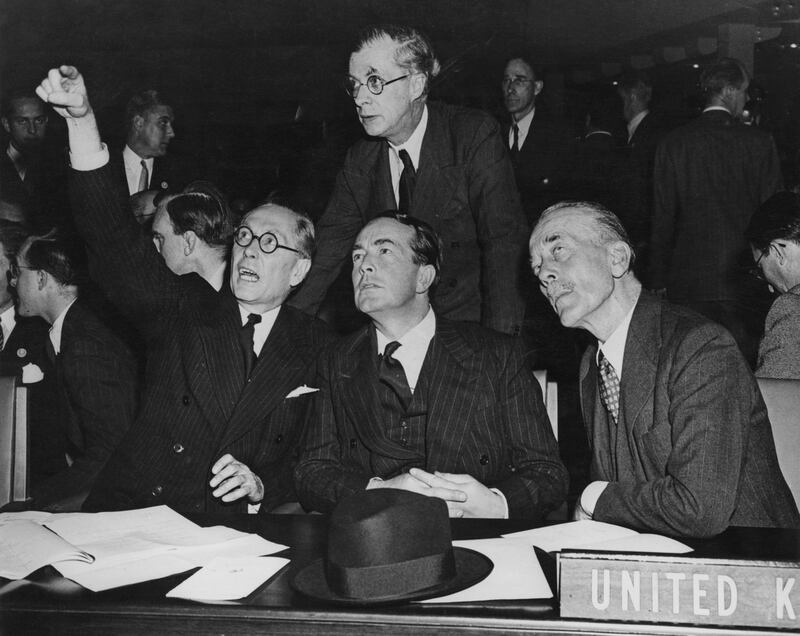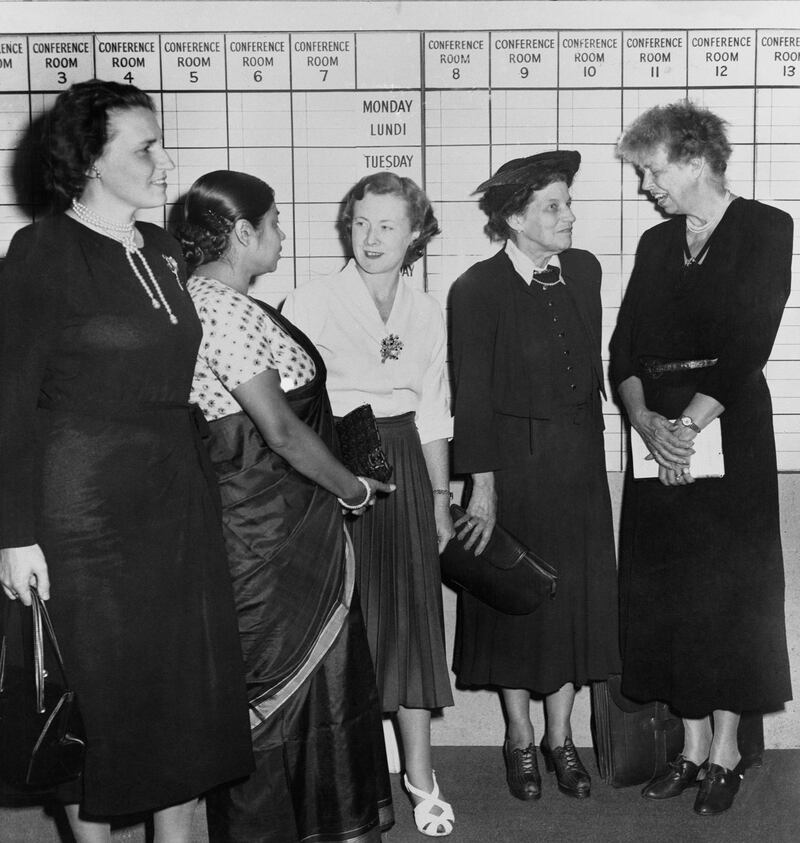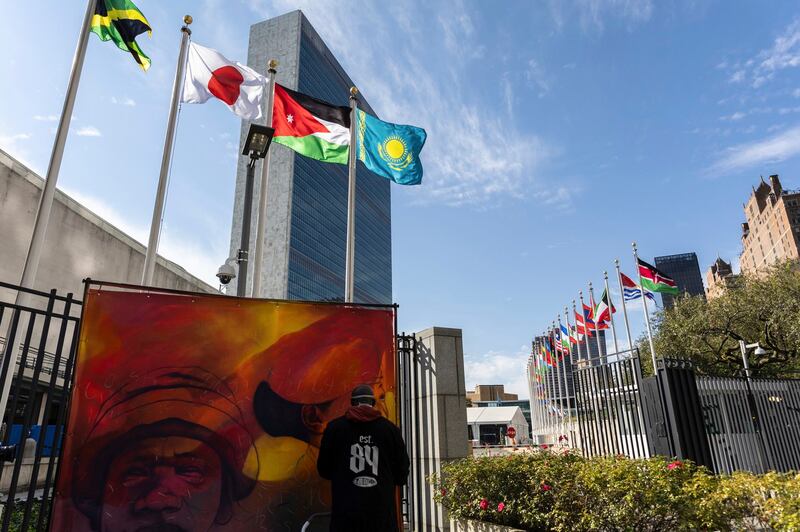World leaders are gathering this week in New York for the opening of the 79th session of the U.N. General Assembly – or the UNGA – in Midtown Manhattan. Also referred to as "Leaders' Week" (or "High-Level Week" in the official U.N. speak), it's a major event on the diplomatic calendar, typically held in late September.
What exactly is the U.N. General Assembly?
Each year since 1945, at the close of World War II, the U.N. General Assembly has brought together world leaders to discuss important global issues. Leaders from all 193 member states are permitted a chance to speak, but not all show up, and many send deputies.
These senior officials appear before the assembly to share their country’s perspective – and sometimes to take part in diplomatic wrangling on the sidelines.
This year is poised for a focus on issues ranging from the expanding conflict in the Middle East and Russia’s war in Ukraine to pandemic preparedness and the risk of microbial resistance to antibiotics.
Does anything else happen?
While the speeches are the most visible part of the UNGA, a lot of the work happens behind the scenes. Diplomats hold private meetings on the sidelines to seek compromises on issues where their governments disagree and cooperation on issues where they share interests.
A major theme this year is combating antimicrobial resistance, with a number of side events focussing on the problem. Health officials have repeatedly raised alarms about the overuse of antibiotics, which is leading to strains of bacteria that current medications can’t fight.
The conflicts in Europe and the Middle East are also expected to dominate the sidelines, as well as the economic recovery from the COVID-19 pandemic, with many countries still struggling.
How has the U.N. General Assembly changed?
In its earliest years, the UNGA was a key event for landmark speeches by major world leaders and for real progress toward major multilateral deals. Recently, though, its ability to act as a forum for the world's big problems has been diluted as multilateralism has receded.

Global decision-making is now dominated by smaller and exclusive groups who also meet regularly – such as the Group of Seven or Group of 20. Even bilateral meetings between the world's major powers are often viewed as more influential in terms of impact.
Nevertheless, the UNGA remains one of the few opportunities where leaders from around the world come to the same place at the same time. This offers an unmatched chance for diplomatic engagement, especially for leaders of smaller countries who are often forgotten.
At an event in Washington last week, Daniel Kritenbrink, the assistant U.S. secretary of state for East Asia and the Pacific, said UNGA was best described as “diplomatic speed-dating on steroids” – but also “the world’-s finest forum and venue for getting work done on the margins.”
Who are the main speakers to watch this year?
U.S. President Joe Biden (Tuesday morning session)
Biden will make one of his final speeches on the global stage before he cedes power to his vice president, Kamala Harris, or predecessor, Donald Trump, depending on who wins the Nov. 5 election. Expect a focus on U.S. support for Ukraine in its war against Russia, alliances in the Indo-Pacific (with an eye to China) and the fight for democracy.
Vietnamese President To Lam (Tuesday afternoon/evening session)
Lam will give his first speech to the U.N. General Assembly since his recent rise to power. He previously headed the Ministry of Public Security, which has been criticized for spearheading Vietnam's rampant human rights abuses and imprisonment and repression of government critics. Lam's speech will offer a glimpse into Hanoi's evolving foreign policy as it balances ties with Washington and Beijing.

Ukrainian President Volodymyr Zelensky (Wednesday morning)
Zelensky is expected to appeal to the international community for continued support in Ukraine’s fight against Russia’s 2022 invasion. He is likely to focus on an appeal for more military and economic aid, but the issue of North Korea’s arms supplies to Russia may also get some time. Watch also for any mention of China, which has provided support to Russia – but which Zelensky has been at times reluctant to call out.
Bangladeshi Interim Prime Minister Mohammad Younus (Friday morning)
Younus will deliver his first global speech since taking power after the the long-serving and authoritarian Prime Minister Sheikh Hasina was ousted from office last month. As Bangladesh undergoes a transitional period ahead of elections, Younus' speech is likely to focus on stability and development in his country, which is one of the world's most densely populated and climate vulnerable countries.

Pacific Island leaders (Friday)
This year could bring even more attention to China’s expanding influence in the Pacific region, which has irked officials in Washington.
At last year's UNGA, then-Solomon Islands Prime Minister Manasseh Sogavare delivered an acerbic – and incredibly overtime – speech criticizing the United States and praising China. Sogavare this year passed power to his foreign minister, Jeremiah Manale, whose speech Friday evening will be one to watch for both its tone and content.
Also worth watching on Friday will be Papua New Guinean Prime Minister James Marape – his government is reportedly negotiating a controversial security deal with Beijing similar to the one the Solomon Islands inked last year that drew a global focus to the region.
Edited by Malcolm Foster.
